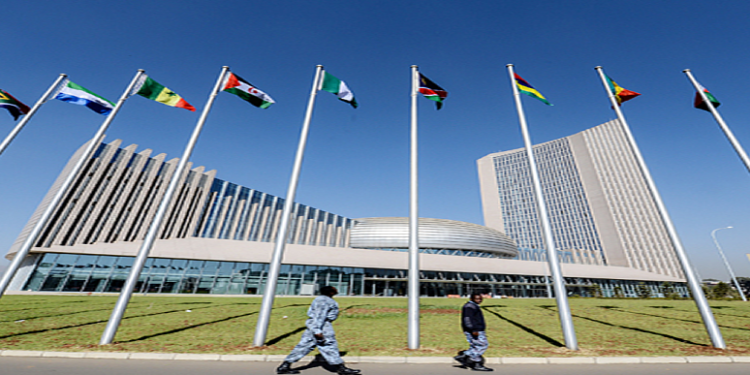By Désirè Assogbavi
Observers including citizens and their formations as well as non-African countries and other bodies are not invited to the African Union summit, which started in Kigali, Rwanda, on Sunday. This move is being strongly contested by the civil society and is seen as part of the whole strategy of governments to shrink civic space.
In January 2015, the Assembly of the Union directed the Commission to make proposals on the streamlining of the AU summits and the working methods of the Union in order to accelerate the implementation of the Agenda 2063.
In June 2015, the Commission proposed a set of recommendations to the Assembly including a proposal that only one summit be open to partners and that only partners (observers accredited to the AU/with MOUs with AU) with business related to the theme of the summit be invited to the AU summits.
The Assembly then decided among other things to “continue with two summits every year which should be streamlined with one summit focusing on policy issues with participation of partners (…) and the other summit focusing on the implementation of decisions”.
The decision did not precise which of the two summits will be open and which will be closed but given the practice of the last 2 years, the January summit was open and the July one is closed.
While the African Union Commission and its various departments are being more and more open to civil society’s participation in between summits, namely during experts and ministerial policy gatherings, closing the AU summit space to African citizens as observers is a challenge to a key mission of the Union which is to build “an integrated, prosperous and peaceful Africa, driven by its own citizens and representing a dynamic force in the global arena.”
The AU summit is a unique a symbolic opportunity for informal yet important interactions between the people and power holders.
Some country representatives argued that the closure of the July summit is mostly due to the disturbance caused by development partners around the summit… puling delegates to side/bilateral meetings while policy discussions were going on… but this is not a good reason to close the summit to everybody else including citizens and their formations. Delegates must be more disciplined and accountable in managing their own schedule during the summit.
The Agenda 2063 itself recognised that people’s ownership and mobilisation is needed as one of the critical enablers to concretise the seven aspirations of the 50-year business plan of our continent.
Today, civic space is being terribly challenged in a growing number of countries in our continent.
Since 2012, at least 29 restrictive laws on civic space have been introduced in African countries. Unless this trend of massive shrinking of citizens’ space is stopped, and closed space reopened, I am afraid the road to Agenda 2063’s aspirations will be longer than planned.
The writer is Head of Oxfam International Liaison Office to the African Union







